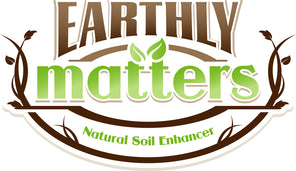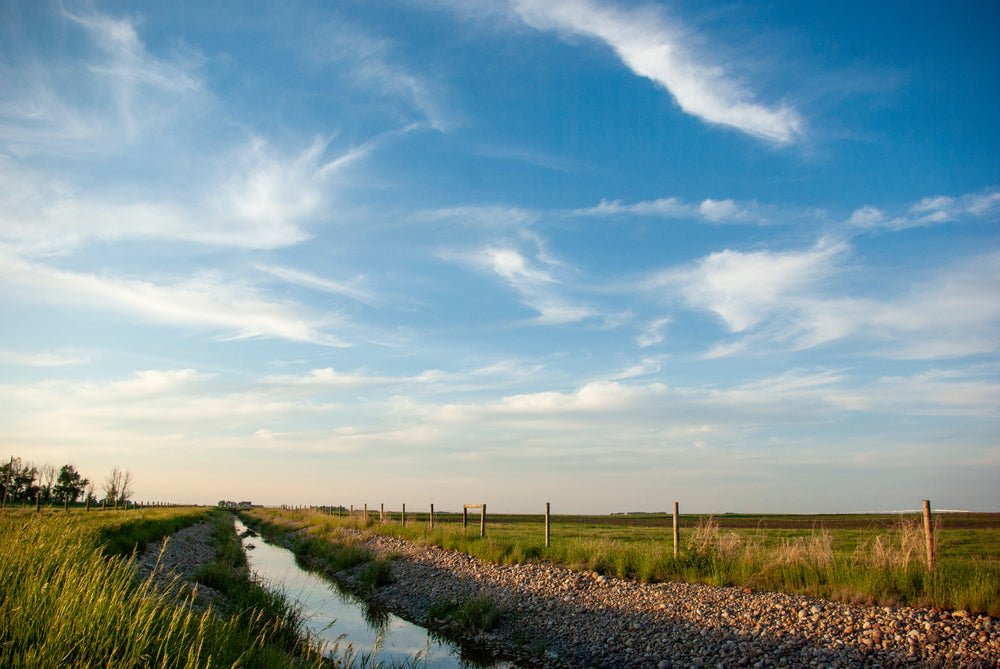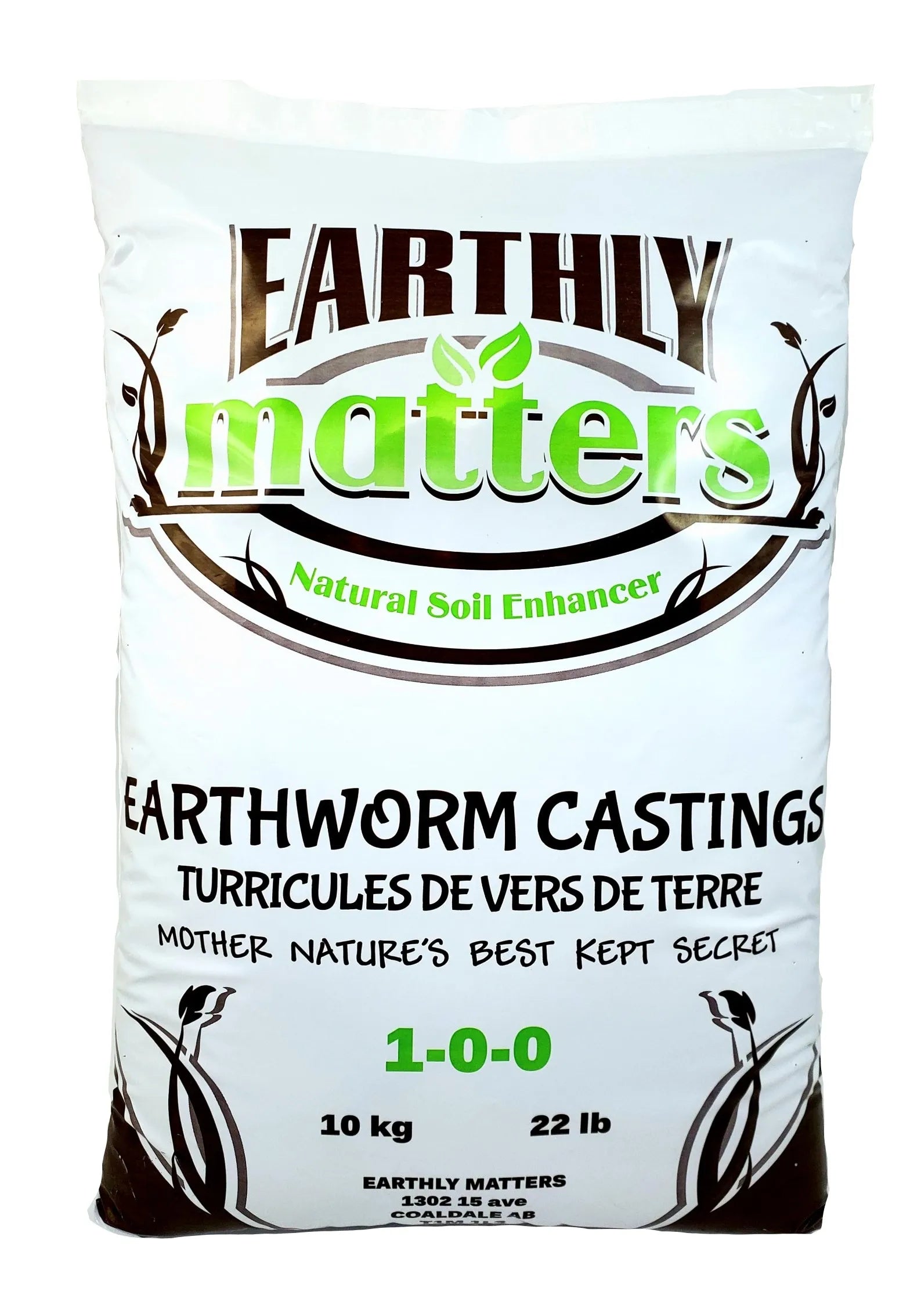Introduction: The Need for Sustainable Farming Methods
As global populations continue to rise, the demand for food production intensifies. Traditional farming methods often deplete the soil's nutrients and degrade its quality over time, leading to less productive land and increased use of chemical fertilizers. These practices are not sustainable in the long run. Enter vermiculture, a natural, sustainable solution that not only improves soil health but also helps reduce our carbon footprint.How Vermiculture Helps Reduce Carbon Footprint
Vermiculture, or worm farming, is a way of turning organic waste into nutrient-rich worm castings, a high-quality soil amendment. This process plays a crucial role in waste management, as it helps reduce the amount of organic waste going into landfills. Organic waste in landfills decomposes anaerobically, producing methane, a potent greenhouse gas. By using vermiculture to process organic waste, we can significantly reduce methane emissions, thus reducing our carbon footprint.Moreover, worm castings enrich the soil, minimizing the need for chemical fertilizers, which are often derived from fossil fuels and contribute to greenhouse gas emissions. Also, healthier soil retains water better, reducing the need for frequent watering and thus conserving water resources.
The Role of Earthly Matters in Promoting Sustainable Agriculture
At Earthly Matters, we are deeply committed to promoting sustainable agriculture. Our mission is to provide natural soil enhancers that reestablish the soil’s natural ecosystem, leading to healthier, more nutritious crops grown in a sustainable and regenerative way.Our vermiculture process is designed to produce high-quality worm castings, which help improve soil health and boost crop performance. This approach not only benefits farmers but also contributes to a healthier environment by reducing greenhouse gas emissions and promoting efficient use of resources.


